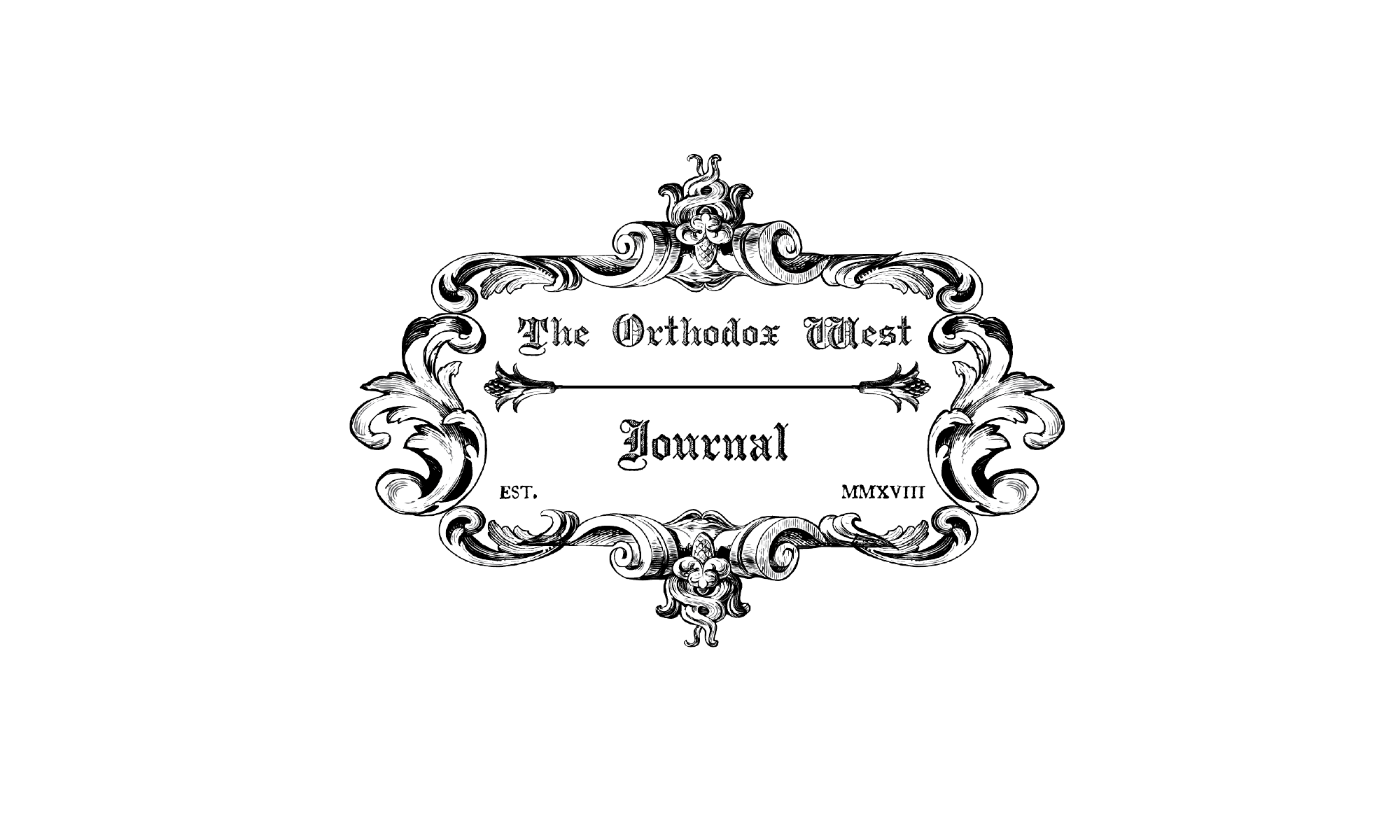By the Very Reverend John W. Fenton
On 31 May 1958, His Beatitude Alexander III, Patriarch of Antioch, replied favorably to Metropolitan Antony Bashir’s request to establish a Western Rite Vicariate in what is now known as the Antiochian Orthodox Christian Archdiocese of North America. That reply was given only after His Beatitude had consulted with “representatives of some other autocephalous Churches.” As the Metropolitan reported to the Archdiocese in its 1958 convention, with his blessing to proceed His Beatitude enclosed an Arabic translation of the 1936 Russian Ukase and authorized the Metropolitan to “take the same action” as the Russians had outlined and taken. His Beatitude further entrusted the Metropolitan to “the right to work out the details in the local situation as you see fit” according to His Eminence’s “Orthodox zeal and good judgment.” Continue reading “Take the Same Action: An Introduction to the Liturgical History of the Antiochian Western Rite Vicariate”
